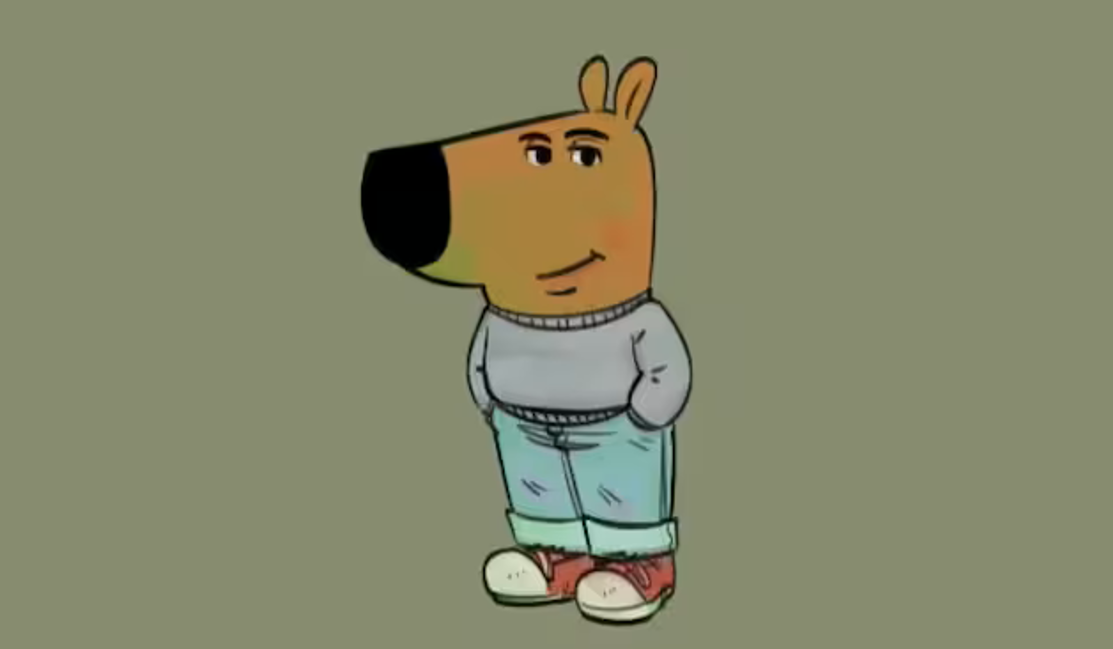Becoming the Meme: How the Internet Is Redefining Human Evolution
EMERGING FUTURE
12/3/20244 min read


Future of Technology Desk
Once, we were storytellers gathered around fires. Today, we are creators of memes, gathered in the glow of our screens. The Internet, this endless web of connections, is doing something extraordinary: it’s not just changing how we communicate but how we think, live, and possibly even evolve. The question is no longer whether the Internet has impacted humanity—it’s whether humanity, at some point, stops being entirely human and becomes something else: a memetic species.
This isn’t science fiction. It’s anthropology, psychology, and culture intertwining in unprecedented ways. What if, in a few generations, we aren’t just creating memes—we are memes, living symbols of ideas, values, and humor coded into the language of the digital?
The Internet as Humanity’s Collective Brain
Think of the Internet not as a tool but as a shared brain where billions of us upload thoughts, jokes, fears, and dreams. Memes are the neurons firing in this system. They condense complex emotions and cultural phenomena into viral snippets—symbols so potent they’re almost alive.
Take “Chill Guy,” a casual anthropomorphic dog with hands in pockets and a look of serene indifference. He isn’t just a joke; he’s an emblem of modern existentialism. Life’s chaos? He shrugs. Work stress? He smirks. It’s no wonder Chill Guy resonates: he embodies our collective coping mechanism in an era of relentless digital overwhelm.
Now, zoom out. Memes like Chill Guy aren’t random. They’re adaptive tools in a digital ecosystem that rewards relatability and brevity. Over time, this environment pressures us—not biologically, but culturally—to think and communicate like memes. We are adapting to a world where complexity must fit in 280 characters or a single frame of humor.
Memes as Survival Mechanisms
What if memes are not just expressions but survival strategies? In a world where attention is currency and noise is everywhere, memes cut through the clutter like evolutionary adaptations. The “Rice Bunny” meme in China (a play on words that disguised #MeToo activism) wasn’t just clever; it was a lifeline for social resistance under censorship.
This isn’t new. Human beings have always adapted tools to survive—fire, language, agriculture. Memes are the latest iteration, uniquely suited to the Internet’s speed and scale. The Rice Bunny didn’t just survive; it thrived by being replicable and subversive, like a seed carried on the winds of the web.
If survival once depended on the ability to hunt or farm, today it might hinge on navigating digital spaces. Memes are our new hunting tools: they gather followers, build movements, and spread ideas.
Memeification of Identity: Who Are We, Really?
Here’s a wild idea: memes don’t just represent us—they are becoming us. Think about it. Social media encourages us to curate our identities like we’re brands, packaging ourselves in digestible, meme-like ways. You’re no longer just “you.” You’re “you” as a witty bio, an aesthetic Instagram grid, a TikTok trend.
This performative existence isn’t fake; it’s evolution. We’ve learned that to exist in a digital world, we must be relatable, shareable, and memeable. The result? A generation that increasingly views identity not as fixed but as fluid, remixable, and participatory—just like a meme.
Future anthropologists might not study books or artifacts to understand us. They’ll study the memes we made and the memes we became.
Memes as the New Folklore
Folklore used to be songs, stories, and myths passed through generations. Memes are the digital age’s folklore, but faster, funnier, and infinitely more flexible. They capture not just what we laugh at but what we fear, love, and hope for. During the COVID-19 pandemic, memes turned collective anxiety into humor, acting as psychological pressure valves.
Yet, memes do something folklore never could: they evolve in real-time. A meme isn’t static; it’s remixed, localized, and reshaped. Chill Guy in India gets a mustache. The Rice Bunny hops into activist circles worldwide. Memes transcend geography, language, and time, making them perhaps humanity’s first truly global culture.
The Future: Are We Meme Machines?
So, where does this leave us? Imagine a future where memes aren’t just tools of communication but the framework for thought. Picture a world where memes, not books or articles, are the primary way we learn, persuade, and remember.
This isn’t as far-fetched as it sounds. As our brains adapt to shorter attention spans and hyper-stimulating media, we might find it easier to think in memes—symbolic, concise, endlessly remixable. Will future humans speak a language of words, or will we evolve into meme-based communication, a universal shorthand for the complexities of life?
And here’s the kicker: what if this isn’t a bad thing? What if memes, for all their silliness, are a way to compress and share the essence of humanity? After all, memes aren’t replacing thought—they’re distilling it.
The Meme Paradox: Finding Humanity in the Digital
There’s a paradox here. As we become more like memes—more symbolic, more digital—we might also become more deeply connected. Memes, for all their humor and simplicity, are profoundly human. They reflect our fears, joys, and contradictions.
Chill Guy is us laughing at life’s absurdity. The Rice Bunny is us fighting for justice under oppression. Even niche memes about mental health remind us that we are not alone in our struggles.
In the end, the Internet isn’t making us less human. It’s challenging us to redefine what humanity means in a memetic world. Maybe we’ll never stop being human. But if we do become memes, perhaps that’s just our next evolutionary leap—a way to carry our essence into a digital eternity.
PIC:ChatGPT
Pic courtesy: Instagram/ Philip Banks
Who We Are:
The Economic Nations champions global unity through economic collaboration, focusing on sustainable growth, reducing inequalities, and enhancing global relationships for mutual prosperity and peace.
______________________________________
Contacts
enquiry@economicnations.org
(xx) 98-11-937-xxx (On verification)
